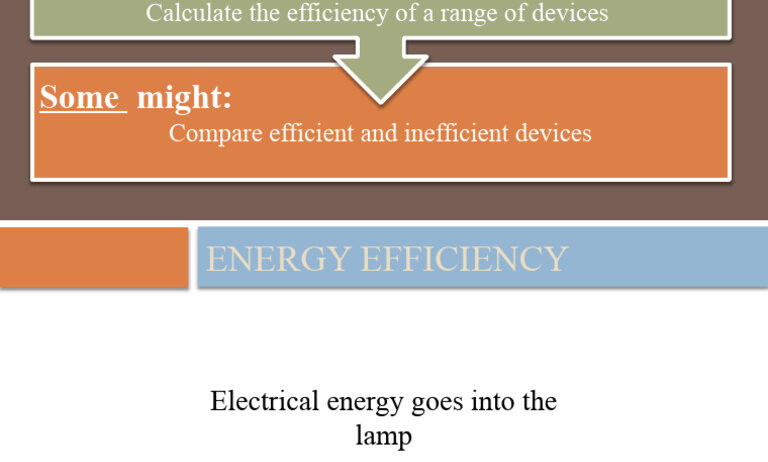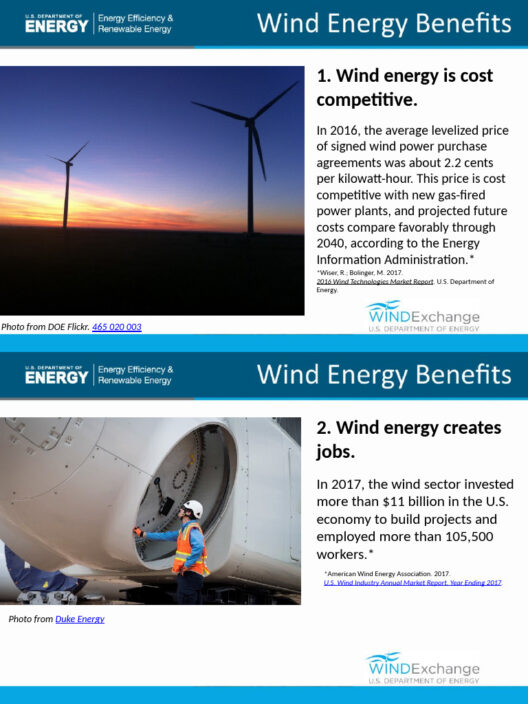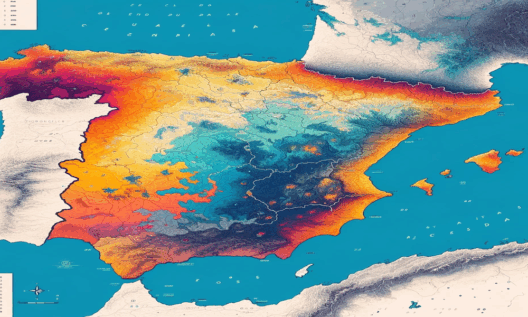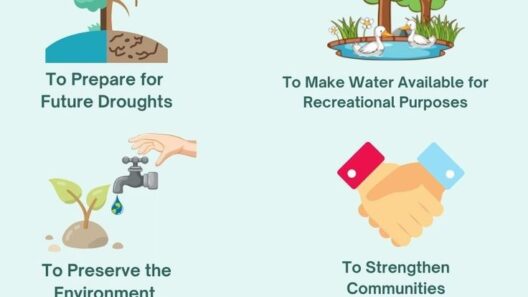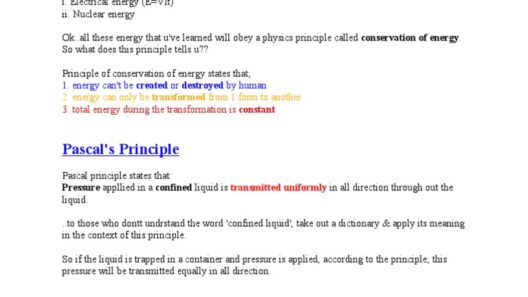Understanding the concepts of energy conservation and energy efficiency is paramount in our quest for sustainable living. These terms often appear in discussions about sustainability, climate change, and renewable energy, yet they are sometimes conflated or misinterpreted. The distinction between them holds significant implications for how we approach energy usage in our homes, industries, and communities.
In a world increasingly focused on mitigating climate change and reducing carbon footprints, grasping the nuances of energy consumption becomes imperative. Effective energy management not only addresses environmental concerns but also promotes economic savings and enhances the quality of life. By delving into the heart of these concepts, one can uncover the deeper motivations that drive our fascination with energy practices.
Energy conservation and energy efficiency share a common goal: reducing energy consumption. However, they diverge significantly in their approaches to achieving this objective. Recognizing these differences can empower individuals and organizations to make informed choices regarding their energy practices, contributing to a more sustainable future.
To fully appreciate the distinction, we must first explore the meaning of energy conservation.
Defining Energy Conservation
Energy conservation refers to the practice of reducing energy consumption by altering behaviors and lifestyle choices. It is an action-oriented approach that entails minimizing the use of energy resources through conscious changes. For instance, turning off lights when leaving a room, using public transport instead of personal vehicles, or opting for energy-saving appliances are practical examples of energy conservation.
The beauty of energy conservation lies in its accessibility. It invites individuals to participate directly in the reduction of energy usage without the need for technological advancements. The ramifications of conservation are not confined to saving energy alone; they also foster a cultural shift towards more responsible consumption patterns. By engaging in energy conservation, individuals cultivate mindfulness regarding their energy use, which can lead to broader societal changes. This shift in perspective is crucial as it ignites conversations around sustainability, prompting collective action toward a greener world.
Delving into Energy Efficiency
In contrast, energy efficiency involves using technologies and systems designed to accomplish tasks with minimal energy expenditure. It is a more technological approach, focusing on optimizing energy use through advanced products and infrastructure. For example, upgrading to LED lighting, installing high-efficiency heating and cooling systems, or utilizing smart appliances with built-in energy-saving features exemplifies efforts toward energy efficiency.
Energy efficiency is often seen as an investment in technology, promising long-term benefits by reducing energy consumption while maintaining the same level of comfort and utility. This paradigm is fascinating; it underscores the critical interplay between innovation and energy use. As societies progress, inventors and engineers are challenged to create solutions that not only are effective but also advance the broader agenda of sustainability.
The economic implications of energy efficiency should not be understated. By employing efficient systems, consumers can realize substantial cost savings on their energy bills. The initial investment in efficient technologies may deter some, but the long-term return on investment—a testament to efficiency—becomes evident over time. Thus, energy efficiency emerges as a double-edged sword: it conserves resources and simultaneously contributes to economic resilience.
Bridging the Gap: Where Energy Conservation Meets Energy Efficiency
While energy conservation and energy efficiency manifest as distinct strategies, the relationship between them is symbiotic, offering a comprehensive framework for understanding energy management. Recognizing the interplay between these two approaches provides valuable insights for shaping policies and practices in energy use.
For example, an energy-efficient appliance may reduce power consumption, but without the conscious effort to use it judiciously—turning it off when not in use—the ultimate benefits may be compromised. Conversely, an individual committed to energy conservation can amplify their impact by opting for energy-efficient products whenever possible. Thus, combining both strategies creates a holistic approach that maximizes energy savings.
The importance of education in this context cannot be overstated. As communities and organizations develop initiatives promoting energy awareness, it becomes increasingly vital to articulate the differences between conservation and efficiency. Public campaigns that encourage both conscious behavior and technological upgrades can yield significant collective benefits, not only mitigating the impacts of climate change but also engendering a more sustainable culture.
Imagining Future Energies: Integration of Concepts
The future landscape of energy use is one where conservation and efficiency are seamlessly integrated. Technological advances continue to pave the way for smarter solutions, allowing individuals and businesses to monitor and manage their energy consumption more effectively. The rise of smart homes and IoT (Internet of Things) devices exemplify this trend, where energy efficiency becomes intertwined with user behavior modification, ultimately steering us towards a more sustainable future.
Moreover, the principles of conservation and efficiency extend beyond individual dwellings into broader systems where collaborative efforts can yield even more profound results. Cities can revamp their energy infrastructures, utilizing community programs that encourage both reduced consumption and efficient practices at a municipal level. This shift integrates the ideals of renewable energy, decentralization, and community empowerment, reflecting a collective ambition for sustainability and resilience.
In conclusion, understanding the differences between energy conservation and energy efficiency is essential for fostering a sustainable future. Conservation emphasizes behavior modification, while efficiency focuses on technological advancements. As society acknowledges the profound consequences of energy usage, promoting both practices becomes a shared responsibility. Integrating conservation and efficiency not only contributes to environmental sustainability and economic savings but also enhances communal ties toward a greener and more harmonious world.



